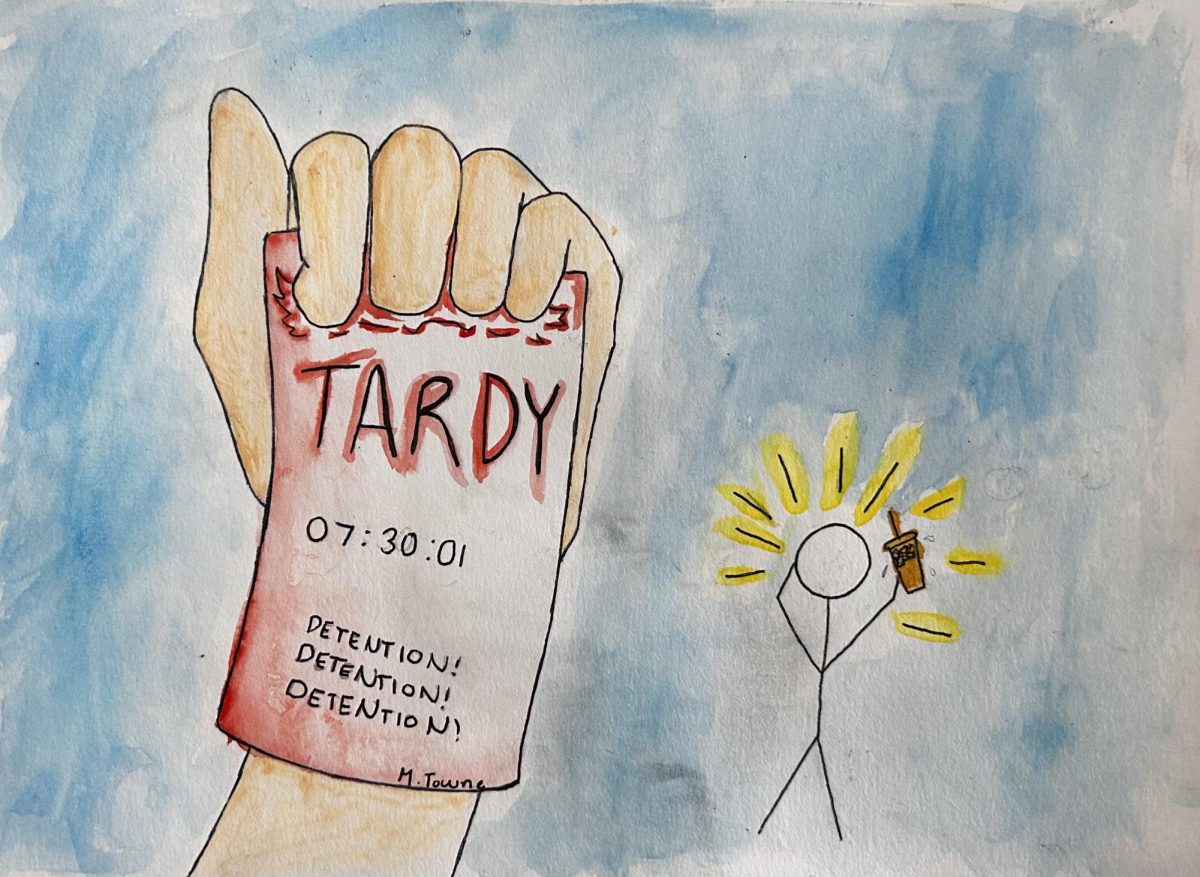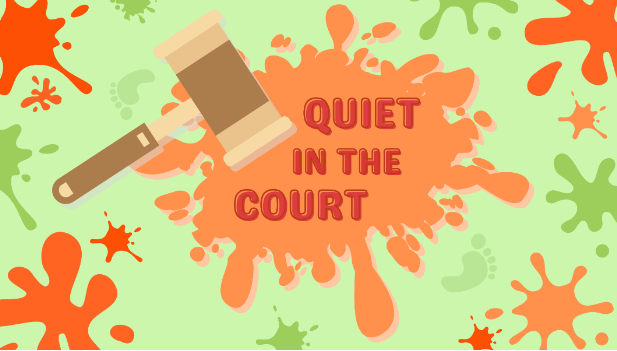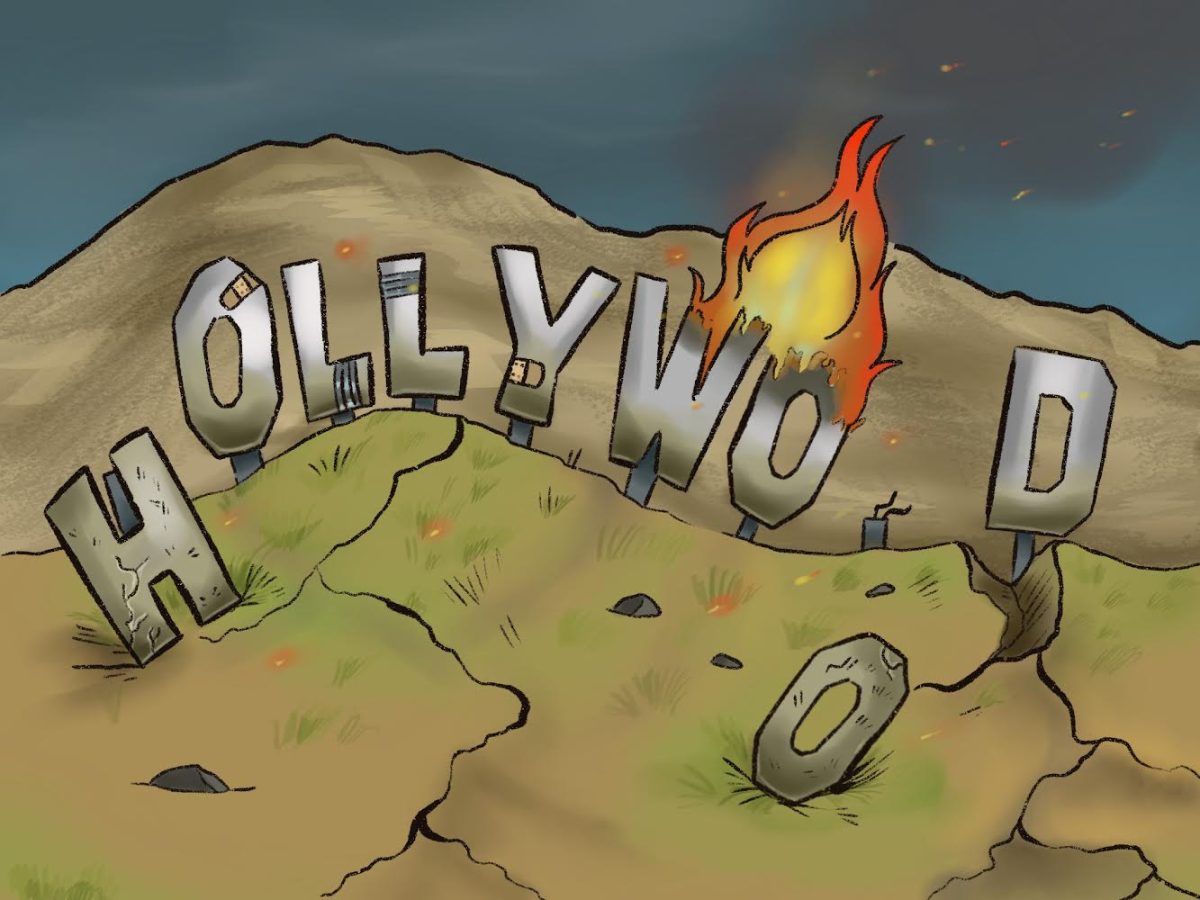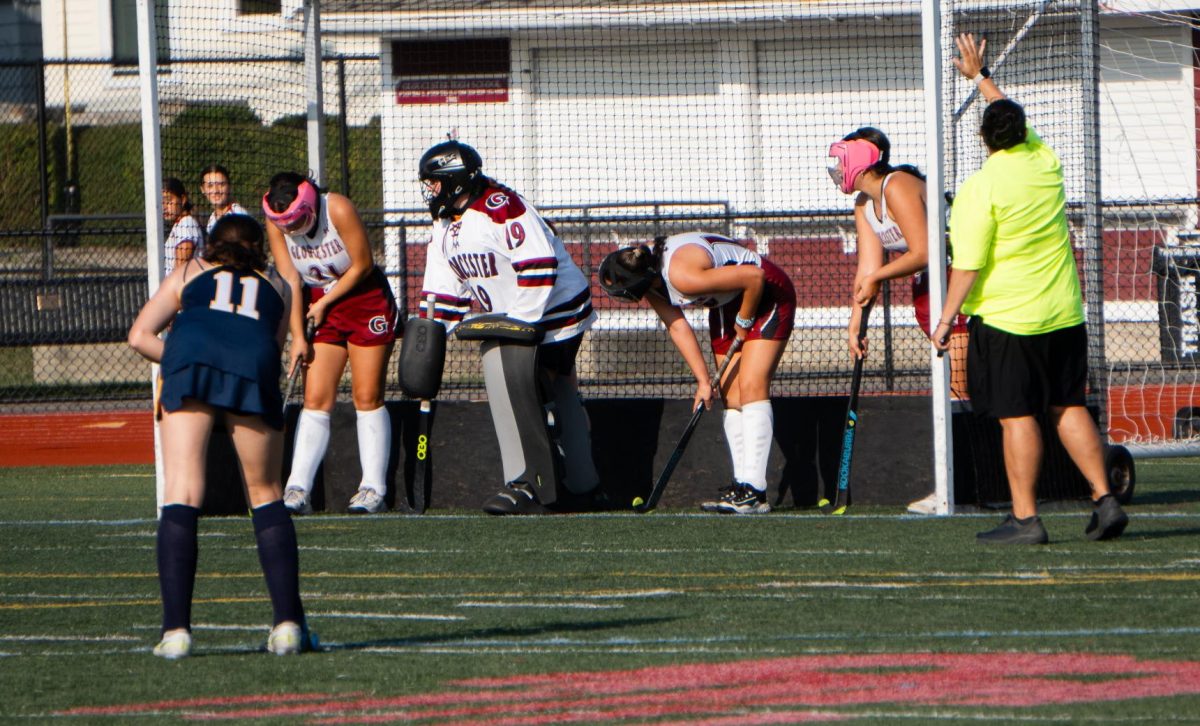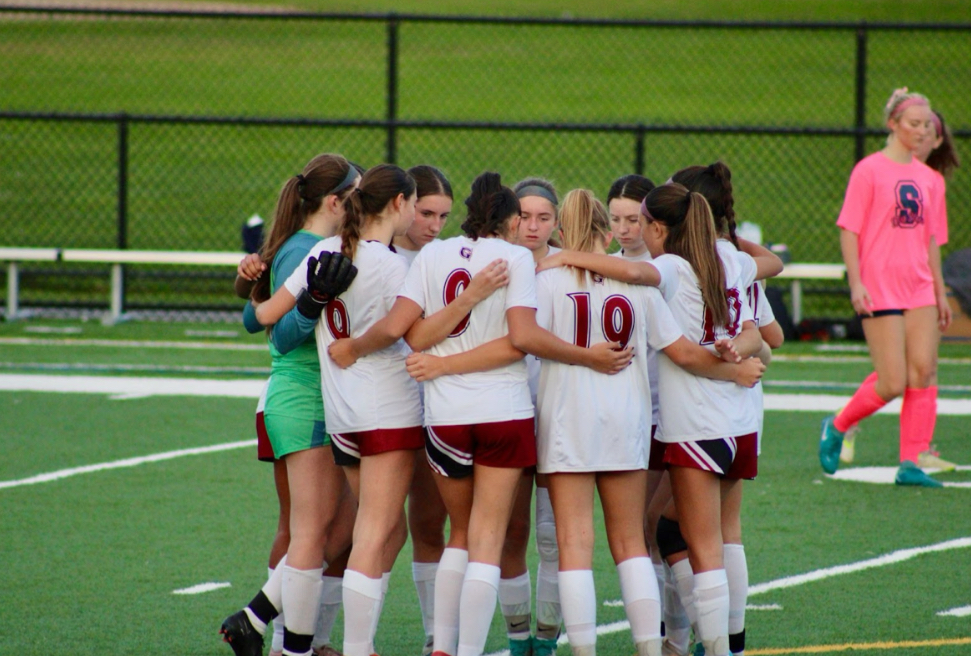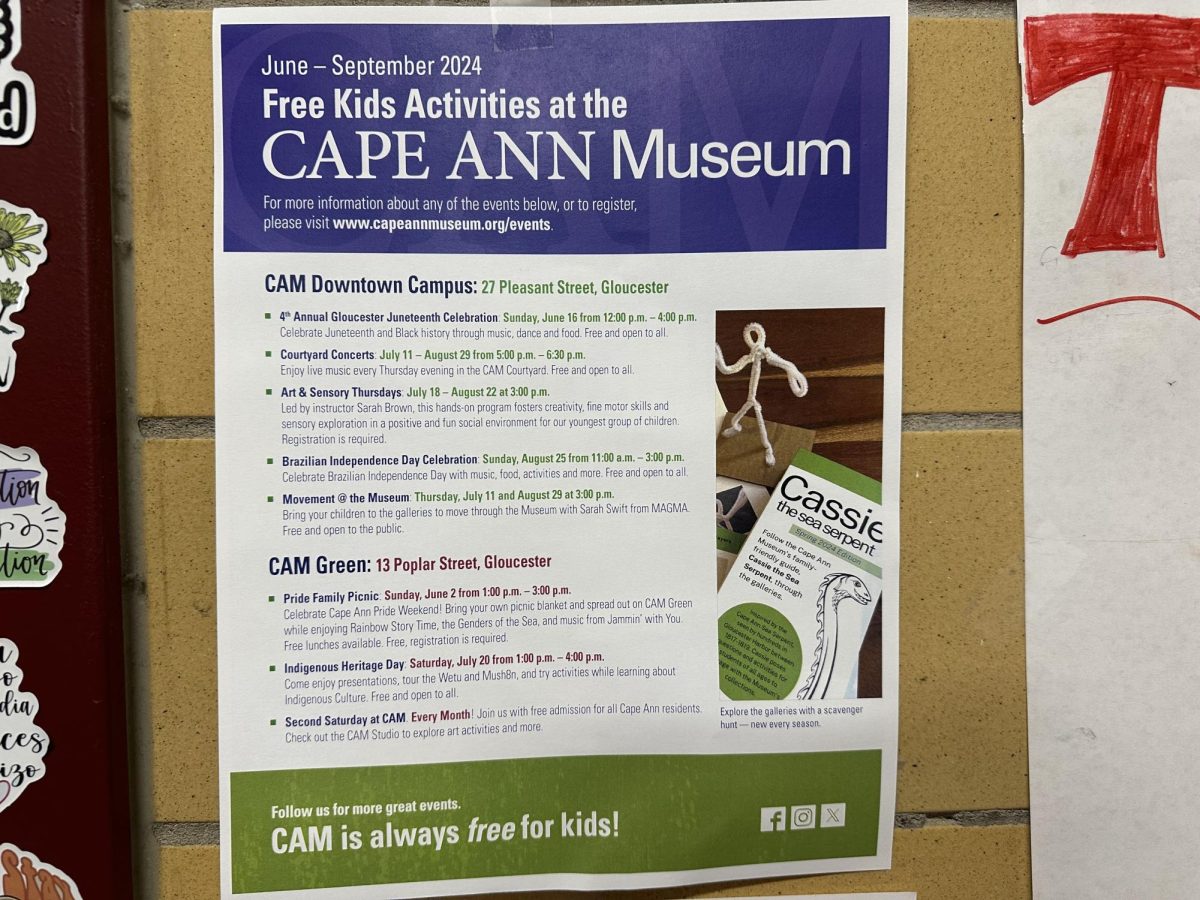Interview with Fraser Watson
How has the student work ethic evolved in the past ten years? How have attention span, attention to detail, and work completion rate changed? Is this related to technology?
Since entering Gloucester, I’ve definitely seen the student concern about grade spike. That’s the year we transitioned to SchoolBrains. 1st term we weren’t even on it, but by the end of the year we had [worked out] the system that we have now.
Do you think there has been a change in student accountability, or that students feel more entitled success?
I would say that there has been a major change in the fabric of student life. [It’s what they are] expecting; they think, ‘I’m here, where’s my passing grade.’ I see the same thing with my CP2 and honors kids.
What are the limitations of “the numbers”? What are we losing when we allow quantification to take center stage?
One of my big issues with the numbers is that they are, in some ways, kind of meaningless. The formative stuff could be done with effort and accuracy – the numbers could be totally fine – but if you don’t translate that to the summative evaluation then it doesn’t matter. Formative leads to summative, but it’s hard to predict where the grade will be [at the end of the term].
[Also note that] realistically it’s hard to quantify what a student can do. It’s hard to quantify what they can do independently. Through different levels there are different expectations and and supports.
Do you think that students are motivated by grades, rather than for the value of learning?
Certainly. Many, if not the majority, of conversations around grades revolve around ‘Can I get credit?’ versus thinking about the activity and the learning that goes in.
There seems to be a divergent split in the reaction of students. Regardless of what level, some people become hyper focused on grades. Some, regardless of level, don’t seem to care. I don’t know what would be a solution that would be more authentic.
Do you find that SchoolBrains is a constructive teaching tool?
I don’t see SchoolBrains being a reflective tool to get students thinking, ‘How do I improve my work?’ [It’s more] ‘How do I get a certain grade with the least effort?’, or expecting a certain grade because they’ve done all the work.
In an ideal world, what does grading look like? How can we shift the focus away from quantification?
I don’t know what would shift the mindset. [Maybe we could try] less entries, a more holistic grading strategy, self evaluations? Everything seems to get only a part of it and miss the whole.
I think English is in a [particularly] tricky spot because each unit/semester we try to build. A pre and post assessment might be helpful to show growth, but I’m not sure that would answer the question of accuracy, because there are so many variables in the middle. It might show students where to focus their efforts and where to work harder.
How could we work with SchoolBrains to improve the accuracy of the system?
You could argue that changing the percentages in School Brains could balance the effects or change the outcome. It would increase the value of learning versus the value of the outcome. But the outcome is still important. At Landmark [the school Watson worked at previously], it was the opposite of what we have here, formative was worth 70 percent while summative was worth 30. It’s more a philosophical question at that point, are we teaching the information, or are we teaching kids how to learn. Depends on what you value there.
Has the student-teacher dynamic changed in the past ten years? What does respect look like?
Absolutely, [examining] the long arc, from when I was a student if I saw a quarter of the things I deal with on a daily basis in terms of the behavior, attitude, and expectations that students have toward teachers we would be getting suspended and sent out of the class. Certainly there has been a shift in respect, but really what the relationship should be has slipped into a free for all.
That’s more of a societal ripple than just academic or school.
How has the introduction of an online gradebook platform changed the concept of success in education? How has technology in general changed the way students think about school?
Digital presentation and how we access technology have changed personal responsibility for learning and knowledge. Why do you need to know something if you can just look it up?
To what extent do these changes reflect the changes that have occurred in all aspects of our world?
I think a lot of our broader conversation and discourse [as a society] has broken down and become more polarized. I’m not sure if this comes from global events, or is occurring on a community level. I think we like to believe that the things we see affect ourselves. In reality though, I imagine that it’s the other way around. What occurs at the micro level gets accepted at the macro level.

Mila Barry is in her fourth year at Gloucester High School, and her third year on the Gillnetter staff. Outside of writing for the newspaper, she’s...




